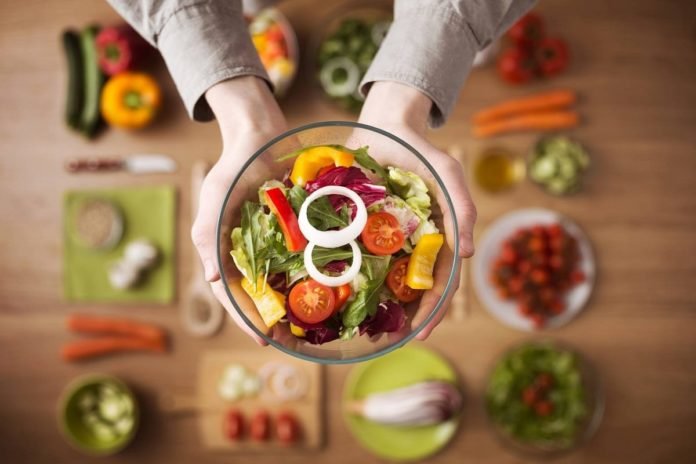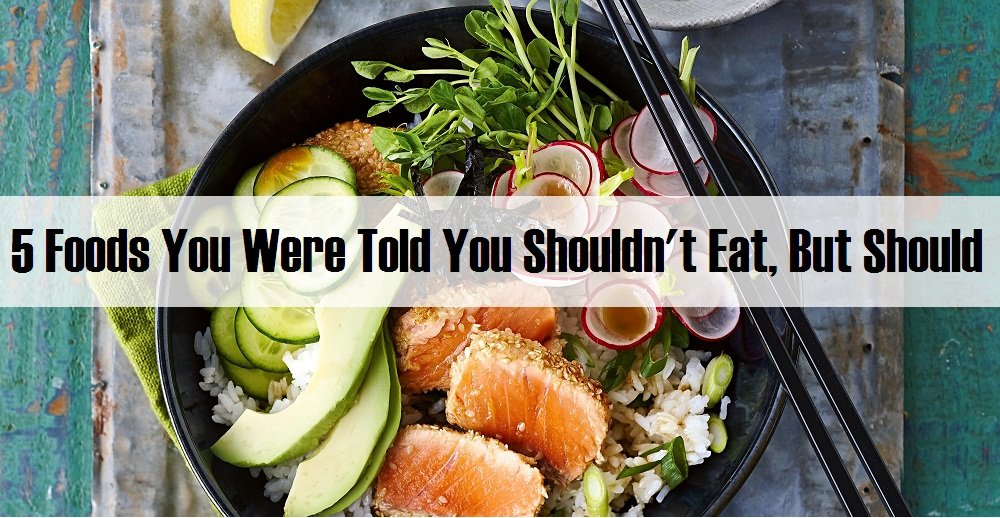Most of us think that we know how to eat well, but, the truth is that there are some shockingly common myths about which foods will help you stay slim and healthy. Here are ten popular food choices that can undermine your well-being in spite of their misleadingly positive reputations.
1. Energy Bars
Although energy bars are often marketed as nutritious snacks that can aid weight loss, many of them are worse for you than candy. An energy bar may contain up to 500 calories, and yet these bars tend to be so small that they barely make a dent in your appetite. To make matters worse, most of them are packed with refined sugar. Try to choose energy bars that contain more than 4 grams of protein, less than 220 calories and a decent dose of fiber that will help you feel satisfied.
2. Restaurant Salads
Ordering a salad tends to feel like an act of enviable restraint, but the truth is that many restaurant salads are doused in extra fats and calories to improve their taste. Mayonnaise is a particularly common offender, but look out for fatty meat and oversized chunks of parmesan cheese as well. The healthiest salads are ones made at home using predominantly green vegetables, lean cuts of meat and a light dressing.
Must Read: 9 Food Myths Every Parent Should Know
3. Multigrain Products
Companies can label their products as ‘multigrain’ even when they mainly contain refined grains. Unfortunately, refined grains have low nutritional value and several large studies have linked them to a greater risk of significant weight gain. When shopping for bread, pasta, rice or cereal, always choose a wholegrain product instead. People who eat plenty of whole grains have been shown to have better cardiovascular health and are more likely to maintain a healthy weight over a lifetime.
4. Low-Fat Yogurt
Low-fat yogurt is an excellent source of protein and calcium, but manufacturers typically add up to 30g of extra sugar to boost the naturally bland flavor. The ideal yogurt might not be marked as a diet food, but it will carefully balance sugar and fat content to create a pleasant flavor without making the product unhealthy.
Also Read: Some Facts Why Kefir is Better than Yogurt
5. Kombucha Tea
Although most of the common myths about healthy foods revolve around weight loss, some conceal other adverse effects. For example, Kombucha tea is famous for promoting digestive health through yeast cultures and good bacteria. However, the American Cancer Society warns that drinking more than four ounces of Kombucha tea per day may expose you to dangerously high levels of carcinogenic fungus.
6. Muesli
Muesli is generally thought of as the healthy alternative to sugary breakfast cereals, but you need to take a closer look at the ingredients to find out whether a particular muesli really is good for you. Sometimes, the amount of fatty nuts and sugary dried fruits elevate the calorie content to 500 calories per serving, which is excessive for a breakfast food. Thankfully, it is easy to make your own tasty muesli with oats, sunflower seeds, and small servings of raisins and macadamia nuts.
7. Coleslaw
While you might assume that coleslaw is a better side dish than fries, it often contains around a third of your recommended daily limit of fat thanks to a large dollop of mayonnaise. Indeed, the average small portion of coleslaw provides more than 250 calories and over 20g of fat. You can make healthier coleslaw at home by using low-fat mayonnaise.
You May Like: 10 Worst Foods to Eat in the Morning
8. Smoothies
If you buy a smoothie at a store, you will probably be swallowing around 350 calories and a hefty dose of added sugar. Further, many smoothies do not even provide the full health benefits of fresh fruit due to the manufacturer’s choice to use fruit from concentrate. If you want to buy a smoothie, make sure you have it made with fat free yogurt instead of ice cream, and check that fresh fruit will definitely be included.
9. Banana Chips
There is no getting away from the fact that banana chips are just deep-fried snacks that are packed with saturated fat. A single serving could contain as much as 150 calories, and all that saturated fat is bad for your cholesterol as well as your waistline. In addition, banana chips contain a mere fraction of the healthy vitamins and minerals found in a fresh banana.
10. Reduced-Fat Milk
Reduced-fat milk is better for you than whole milk, but don’t assume that you can drink as much as you like. A standard glass of reduced-fat milk provides you with around 125 calories and slightly more than 50% of the saturated fat you would find in whole milk. Making the transition to fat-free milk will cut your calorie consumption to 85 per serving, and the nutritional difference can really start to add up if you count all of your breakfasts and coffees.












My myths have finally been busted. I liked snack bars!
Hi Vijay,
Such a great stuff shared by you!!! Not only me, but also rest of us didn’t think about this side of these foods. But after visiting your post, my myths had completely changed. Now I will keep this in mind forever.
Thanks for your blog….
Comments are closed.